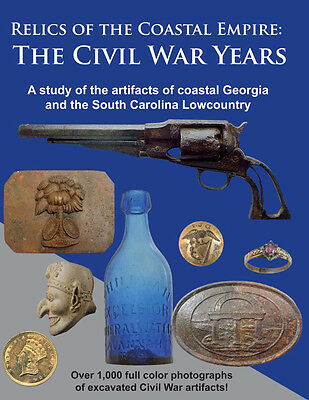-40%
book CONFEDERATE GUNNER WITH STONEWALL JACKSON poague 1st hardcover artillery
$ 10.55
- Description
- Size Guide
Description
book CONFEDERATE GUNNER WITH STONEWALL JACKSON poague 1st hardcover artillerybook CONFEDERATE GUNNER WITH STONEWALL JACKSON poague 1st hardcover artillery
GUNNER WITH STONEWALL:
REMINISCENCES OF WILLIAM THOMAS POAGUE
Edited by Monroe F. cockrell
Introduction by Bell Irvin Wiley
Printed in 1957
181 pages - Hardcover (9 inches - 23 cm tall)
Illustrations - Index
CONDITION: Very good. B
inding solid, pages clean, etc. Dust jacket in new plastic protector.
William Thomas Poague (1835–1914) was a Confederate States Army officer serving in the Artillery during the American Civil War. He later served as Treasurer of Virginia Military Institute.
Born in Rockbridge County, Virginia to John Barclay and Elizabeth Stuart Paxton Poague, Poague attended and graduated from Washington College where he was a member of the Virginia Beta Chapter of Phi Kappa Psi. Poague was practicing law in St. Joseph, Missouri when the Civil War began.
Poague returned to Virginia, and entered the Confederate Army as a second lieutenant in the famous Rockbridge Virginia Artillery. Poague was promoted to be that unit's captain by April 1862. With the battery, Poague fought at the battles of First Manassas, Romney, Kernstown, McDowell, and later with the Army of Northern Virginia in the Seven Days Battles, the Battle of Cedar Mountain, Second Manassas, the Battle of Harper's Ferry, Antietam, and Fredericksburg. Poague was promoted to major on March 2, 1863. He served as an executive officer to David G. McIntosh at the Battle of Chancellorsville, then was given his own battalion upon the formation of the Third Corps.
Poague commanded the battalion at Gettysburg, the Battle of Bristoe Station, the Battle of Mine Run,the Wilderness, the Spotsylvania, the North Anna, and Cold Harbor. Poague's best service to the Confederacy probably occurred at the Wilderness. Poague's battalion was able to hold off Winfield S. Hancock's II Corps on the morning of the second day, firing over the heads of wounded Confederates, long enough for Lt. Gen. James Longstreet to arrive and "save the day." Lt. Gen. A.P. Hill turned to Poague, firing double charges, because things were so desperate that it could not be even delayed to allow wounded Confederates to get out of the way. Hill himself helped man Poague's guns. He was wounded twice at the Battle of Cold Harbor. Poague later took part in the defense of Petersburg, finally surrendering at the Battle of Appomattox Court House.
Listing and template services provided by inkFrog











